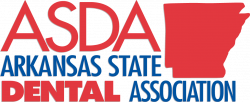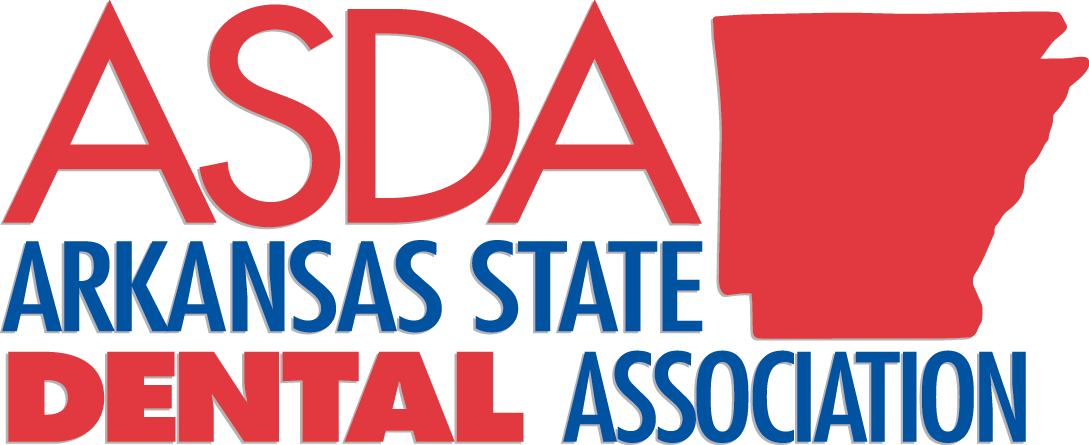After years of planning and setbacks, the Lyon College School of Dental Medicine is set to receive its inaugural class this June after receiving initial accreditation from the Commission on Dental Accreditation.
Arkansas’s first dental school will occupy a seven-story space in Little Rock’s Riverfront Plaza and offer a simulation clinic and 100-chair patient care clinic. The school can accommodate 80 students per class, with 240 students at full enrollment.
Lyon College’s press release is reprinted here in full:
[February 10, 2025]
FOR IMMEDIATE RELEASE
Contact: Carol Langston, Director of College Communications
Phone: (870) 307-7075
Email: Carol.Langston@lyon.edu
Historic Milestone: Lyon College School of Dental Medicine Receives Initial Accreditation
LITTLE ROCK, Arkansas – The Lyon College School of Dental Medicine announced today it has received initial accreditation from the Commission on Dental Accreditation (CODA). The School of Dental Medicine will welcome its inaugural class in June.
“Achieving initial accreditation reflects the hard work and dedication of our faculty, staff and supporters,” said Dr. Melissa Taverner, president of Lyon College. “This achievement is a critical step toward addressing Arkansas’ urgent oral health needs and expanding access to care for underserved communities.”
“Initial accreditation from the Commission on Dental Accreditation marks a historic milestone for Arkansas,” said Dr. Burke Soffe, founding dean of the Lyon College School of Dental Medicine. “This moment signifies the foundation of a new era in oral health for our state. I am beyond proud of our team and excited for the future of oral health in Arkansas.”
The dental school, located in Riverfront Plaza in Little Rock’s Riverdale neighborhood, will feature contemporary facilities designed to provide both exceptional education and community care. The seven-floor renovation project includes classrooms, a simulation clinic and a 100-chair patient care clinic. This clinic will serve as a cornerstone of the school’s mission, providing comprehensive dental services to the public while offering students hands-on clinical experience.
“Our patient care clinic will be a vital resource for Arkansas, ensuring access to high-quality dental services for thousands of residents each year,” said Dr.Soffe. “With a particular focus on serving vulnerable populations, including children, the elderly and those with special needs, this clinic will also act as an exceptional training ground for our students, preparing them to deliver compassionate care throughout their careers.”
Innovative Three-Year Curriculum
The Lyon College School of Dental Medicine’s curriculum is a cutting-edge, three-year program designed to accelerate learning while maintaining the highest standards of academic rigor and practical experience. The program integrates foundational biomedical sciences with early exposure to clinical practice, emphasizing a comprehensive approach to patient care.
“Our innovative curriculum combines classroom instruction, simulation training and direct patient care from the beginning,” Dr. Soffe explained. “This model allows students to develop both the technical skills and the interpersonal communication needed to become skilled clinicians and compassionate caregivers. We’re preparing a new generation of dental professionals to address the growing oral healthcare needs across Arkansas and beyond.”
With a class size of 80, the program will serve 240 students at full enrollment, making it a major economic driver for central Arkansas. In addition to training future dentists, the school’s presence will create hundreds of jobs and foster significant community investment.
Addressing Arkansas’ Oral Health Crisis
The Lyon College School of Dental Medicine was developed in response to a statewide needs assessment that revealed alarming statistics about oral health in Arkansas:
- Arkansas ranks last in the nation in overall oral health.
- The state ranks 50th in dentist-to-population ratio, with just 41.82 dentists per 100,000 residents, according to the National Library of Medicine.
- A quarter of Arkansas counties are designated as health professional shortage areas.
- 60 percent of children in Arkansas have experienced dental decay.
- Arkansas is the only state with more than 2.5 million people without a dental school.
The establishment of the dental school is expected to directly address these challenges, improving access to care and reducing the burden of oral health disparities in underserved areas.
“Oral health is closely tied to overall health, and as the population ages, the demand for skilled dental professionals is growing exponentially,” said Dr. Taverner. “The Lyon College School of Dental Medicine will not only help meet this demand but also serve as a beacon of hope for the communities we serve. We are investing in Arkansas’ future and building a program that will transform lives for generations.”
Federal and Local Investment
Lyon College has made a significant financial investment in renovating the Riverfront Plaza building, employing Baldwin & Shell Construction Company of Little Rock as construction manager and WDD Architects of North Little Rock as project architect.
In 2024, U.S. Sen. John Boozman championed a $15 million federal appropriation to support the Lyon College School of Dental Medicine, underscoring the urgent need for dental professionals in Arkansas.
“From our modern facilities to our talented faculty and staff, every aspect of this project reflects our commitment to excellence and innovation,” Dr. Taverner said. “This school will be a game-changer for Arkansas, providing both an economic boost and much-needed healthcare resources.”
Community Impact
In addition to training dental professionals, the Lyon College School of Dental Medicine’s patient care clinic is expected to serve thousands of Arkansans annually, offering affordable, high-quality care to residents who might otherwise lack access to essential dental services.
“Our mission extends far beyond education,” Dr. Soffe said. “We are here to serve the community and make a lasting impact on the lives of Arkansans. This clinic will not only provide critical care but also foster a culture of service and compassion among our students.”
For more information about the Lyon College School of Dental Medicine, please visit https://lyoninstitute.com/dentistry-program/.
About Lyon College
Lyon College, a private, liberal arts institution founded in 1872, is the oldest college in the state with its original charter. Ranked by US News & World Report as a 2024 “Best College,” Lyon currently enrolls approximately 660 students from more than 30 states and 18 countries. Students can tailor their education, selecting from 25 majors, as well as pre-professional, individualized options and select graduate programs. Learn more at lyon.edu.






















